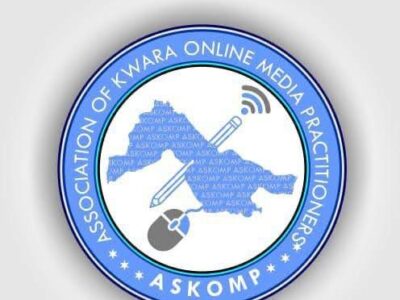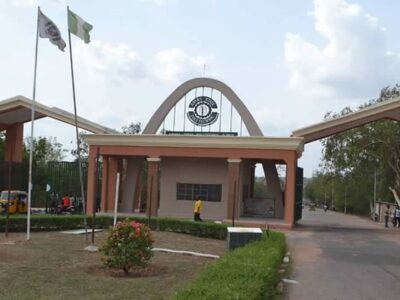The National Agency for Food Administration and Control (NAFDAC) has banned alcoholic beverages produced in sachets less than 200ml.
The agency said the five-year window given to the manufacturers of the products to stop producing the drinks in sachets and pet bottles which began in 2018 elapsed on January 31, 2024.
She said enforcement of the ban commenced on February 1, 2024.
Director-General of NAFDAC, Prof Mojisola Adeyeye, while addressing the media over the development in Abuja on Monday, said the ban was not a sudden development but a result of a multilateral Committee that agreed that the ban would be in phases whereby production would be reduced by 50 percent by 2020 while outright ban would be on January 31, 2024.
Given that decision, the DG said NAFDAC did not issue renewal licenses exceeding January 2024 to any manufacturer of the products.
According to her, the agency took the route of wiping out the drinks in such sachets because of the negative effects on underage children.
She said because the drinks come in pocket-friendly sizes, accessible and affordable, children easily fell for the packages only to face the consequences in the future.
“This decision was based on the recommendation of a high-powered committee of the Federal Ministry of Health and NAFDAC on one hand, the Federal Competition and Consumer Protection Commission (FCCPC), and the Industry represented by the Association of Food, Beverages and Tobacco Employers (AFBTE), Distillers and Blenders Association of Nigeria (DIBAN), in December 2018.
“As a commitment to the decision reached at the end of this Committee meeting, producers of alcohol in sachets and small volume agreed to reduce the production by 5 percent with effect from 31st January 2022 while ensuring the product is completely phased out in the country by 31st January 2024”.
According to her, the future of the country supersedes other considerations in the enforcement of the policy.
Noting that saving Nigerian children and protecting the health of the larger society is paramount, Adeyeye said: “The people who are mostly at risk of the negative effect of consumption of the banned pack sizes of alcoholic beverages are the under-aged and commercial vehicle drivers and riders.
“To curb the menace of abuse of alcohol, the World Health Organization recommended some actions and strategies to Policy-Makers that have shown to be effective and cost-effective, which include: regulating the marketing of alcoholic beverages (in particular to younger people) and regulating and restricting the availability of alcohol.”
She said in the course of enforcing the ban it was discovered that some manufacturers were still in production of the banned products and still had stacks of both finished products and packaging materials of the products in their possession.
“This situation is of course not acceptable, and the Agency views this as flagrant disobedience to the laws of Nigeria,” she noted.










Comments